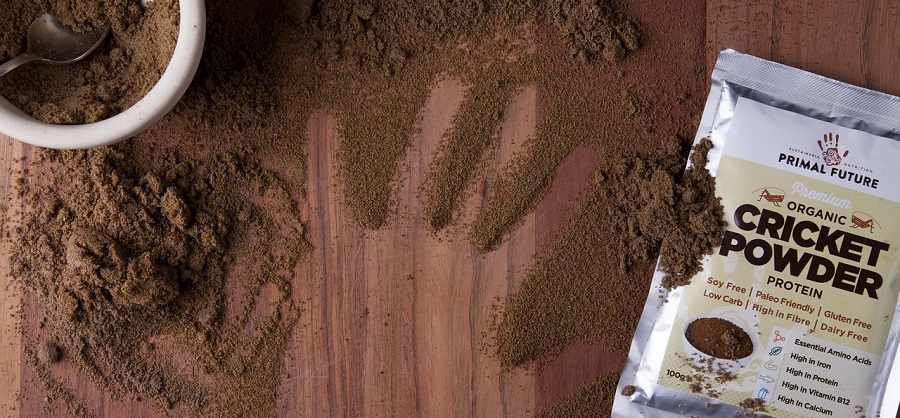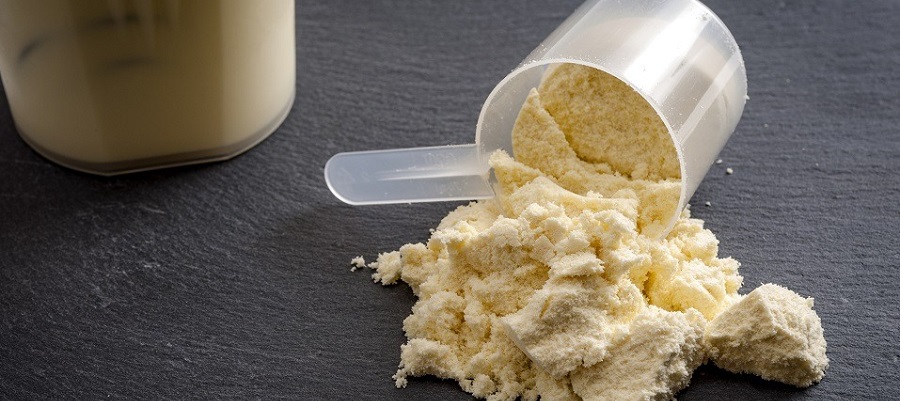Protein powder is a dietary supplement used to increase an individual's protein intake. Protein is essential for building and repairing muscle, as well as maintaining healthy bones and skin. There are several types of protein powders available, including whey, casein, soy, pea, and hemp.
Whey protein is a fast-digesting protein that is commonly found in protein powders and is often used by athletes and bodybuilders to help build muscle mass. Casein protein is a slow-digesting protein that is often taken before bed to help with muscle recovery during sleep. Soy protein is a plant-based protein that is often used as an alternative to dairy-based proteins. Pea protein and hemp protein are also plant-based alternatives that are gaining popularity among vegans and vegetarians.
Protein powder can be taken in several ways, such as by mixing it with water, milk, or juice to make a protein shake or smoothie. It can also be used to make protein bars, pancakes, or added to other foods to increase their protein content.
The recommended daily intake of protein varies depending on factors such as age, sex, and level of physical activity. It's important to talk to a healthcare professional or a registered dietitian to determine the right amount of protein that's right for you.
As with any dietary supplement, it's important to be mindful of the potential side effects of taking protein powder such as stomach upset, headaches and allergic reactions. It's also important to pay attention to the ingredients list, specially if you have any dietary restrictions or allergies.
Overall, protein powder can be a convenient and effective way to increase protein intake, especially for those who struggle to get enough protein from food alone. It can be particularly beneficial for individuals who are looking to build muscle, recover from workouts, or lose weight.
What are the different types of protein powders available?
There are several types of protein powders available, including:
-
Whey protein: This is the most popular type of protein powder and is derived from milk. It is a fast-digesting protein that is commonly used by athletes and bodybuilders to help build muscle mass.
-
Casein protein: This is also derived from milk and is a slow-digesting protein. It is often taken before bed to help with muscle recovery during sleep.
-
Soy protein: This is a plant-based protein that is often used as an alternative to dairy-based proteins. It is a good source of protein for vegetarians and vegans.
-
Pea protein: This is a plant-based protein that is derived from yellow peas. It is a good source of protein for vegetarians and vegans and it is easy to digest.
-
Hemp protein: This is also a plant-based protein that is derived from hemp seeds. It is a good source of protein for vegetarians and vegans and it is also a good source of omega-3 fatty acids.
-
Rice protein: This is a plant-based protein that is derived from brown rice. It is hypoallergenic and easy to digest, making it a good option for those with allergies or sensitivities to other types of protein.
-
Egg protein: This is a protein powder that is derived from egg whites. It is a high-quality protein source and is often used by bodybuilders and athletes.
-
Blends: Some protein powders are blends of two or more types of protein such as whey and casein or whey and egg.
It's important to note that all of these types of protein powders have their own pros and cons, and it's important to consult with a healthcare professional or a registered dietitian to determine which type is best for you and how much you should be consuming.
How much protein do I need per day and how can protein powder help me meet that requirement?
The recommended daily intake of protein varies depending on factors such as age, sex, and level of physical activity.
According to the Dietary Reference Intakes (DRIs) established by the National Academy of Medicine, the average adult needs at least 0.8 grams of protein per kilogram of body weight per day.
For example, a sedentary woman who weighs 68 kg (150 lbs) would need about 55 grams of protein per day, while a sedentary man who weighs 77 kg (170 lbs) would need about 62 grams of protein per day.
Athletes or people who engage in regular intense physical activity and those who wants to increase muscle mass may require more protein, up to 1.4-2.0 grams per kilogram of body weight.
Protein powder can be a convenient and effective way to increase protein intake, especially for those who struggle to get enough protein from food alone. It can be particularly beneficial for individuals who are looking to build muscle, recover from workouts, or lose weight.
By adding a scoop of protein powder to a shake or smoothie, you can easily add 20-30 grams of protein to your diet. It can also be used in cooking and baking to increase the protein content of meals and snacks.
It's important to note that while protein powder can be a convenient way to increase protein intake, it should not be used as a sole source of protein. A balanced diet that includes a variety of protein-rich foods such as meat, fish, poultry, eggs, beans, and legumes, will provide a wider range of nutrients and benefits.
Are there any side effects of taking protein powder?
In general, protein powder is considered safe when consumed in moderation and as part of a balanced diet. However, as with any dietary supplement, it's important to be mindful of the potential side effects. Some of the most common side effects associated with protein powder include:
-
Stomach upset: Consuming large amounts of protein powder may cause stomach upset, nausea, or diarrhea.
-
Dehydration: Consuming protein powder can lead to dehydration, especially if you are not drinking enough water.
-
Kidney damage: Consuming too much protein, especially in the form of supplements, may put a strain on the kidneys, particularly in people with pre-existing kidney problems.
-
Allergic reactions: Some people may be allergic to the ingredients in protein powder, such as milk or soy.
-
Headaches: Some people may experience headaches as a side effect of consuming protein powder.
-
Hormonal imbalances: In Men, high intake of protein powder may lead to an imbalance in hormones such as testosterone and estrogen.
It's important to keep in mind that these side effects are usually caused by consuming too much protein powder or by consuming a protein powder that is not suitable for you. Consult with a healthcare professional or a registered dietitian to determine the right amount of protein for you and to make sure that you are using a protein powder that is suitable for you and your dietary restrictions. Also, be sure to read the label for any ingredients that you may be allergic to.
Can protein powder be used as a meal replacement?
Protein powder can be used as a meal replacement, but it's important to keep in mind that it should not be used as a sole source of nutrition. Protein powder is a dietary supplement that is intended to supplement a balanced diet, not replace it.
A single serving of protein powder typically contains 20-30 grams of protein, but it is often low in other essential nutrients like carbohydrates, healthy fats, vitamins, and minerals. These essential nutrients are important for maintaining overall health and well-being.
While it can be convenient to use protein powder as a meal replacement, it's important to make sure that you're getting enough of other essential nutrients in your diet. A meal replacement shake made with protein powder should be combined with other ingredients that provide healthy fats, carbohydrates, and other essential nutrients.
Additionally, it's important to be mindful of the calorie intake and ensure that you're not consuming too many calories in your diet, specially if your goal is weight loss.
It's important to consult with a healthcare professional or a registered dietitian before using protein powder as a meal replacement, to make sure that you are getting the right amount of protein and other essential nutrients for your specific needs and goals.
What is the best time to take protein powder?
The best time to take protein powder depends on your individual needs and goals.
If your goal is to build muscle mass, it's best to take protein powder immediately after a workout. This is because muscle protein synthesis (the process by which your body builds new muscle) is highest immediately after exercise.
If your goal is to recover from a workout, it's best to take protein powder before bed. This is because muscle recovery and repair occur primarily during sleep.
If your goal is to maintain muscle mass, you can take protein powder at any time of the day, as long as you are getting enough protein in your diet.
It's also important to note that while protein powder can be a convenient way to increase protein intake, it should not be used as a sole source of protein. A balanced diet that includes a variety of protein-rich foods such as meat, fish, poultry, eggs, beans, and legumes, will provide a wider range of nutrients and benefits.
It's important to consult with a healthcare professional or a registered dietitian to determine the right amount of protein powder and the best time to take it for your specific needs and goals.


